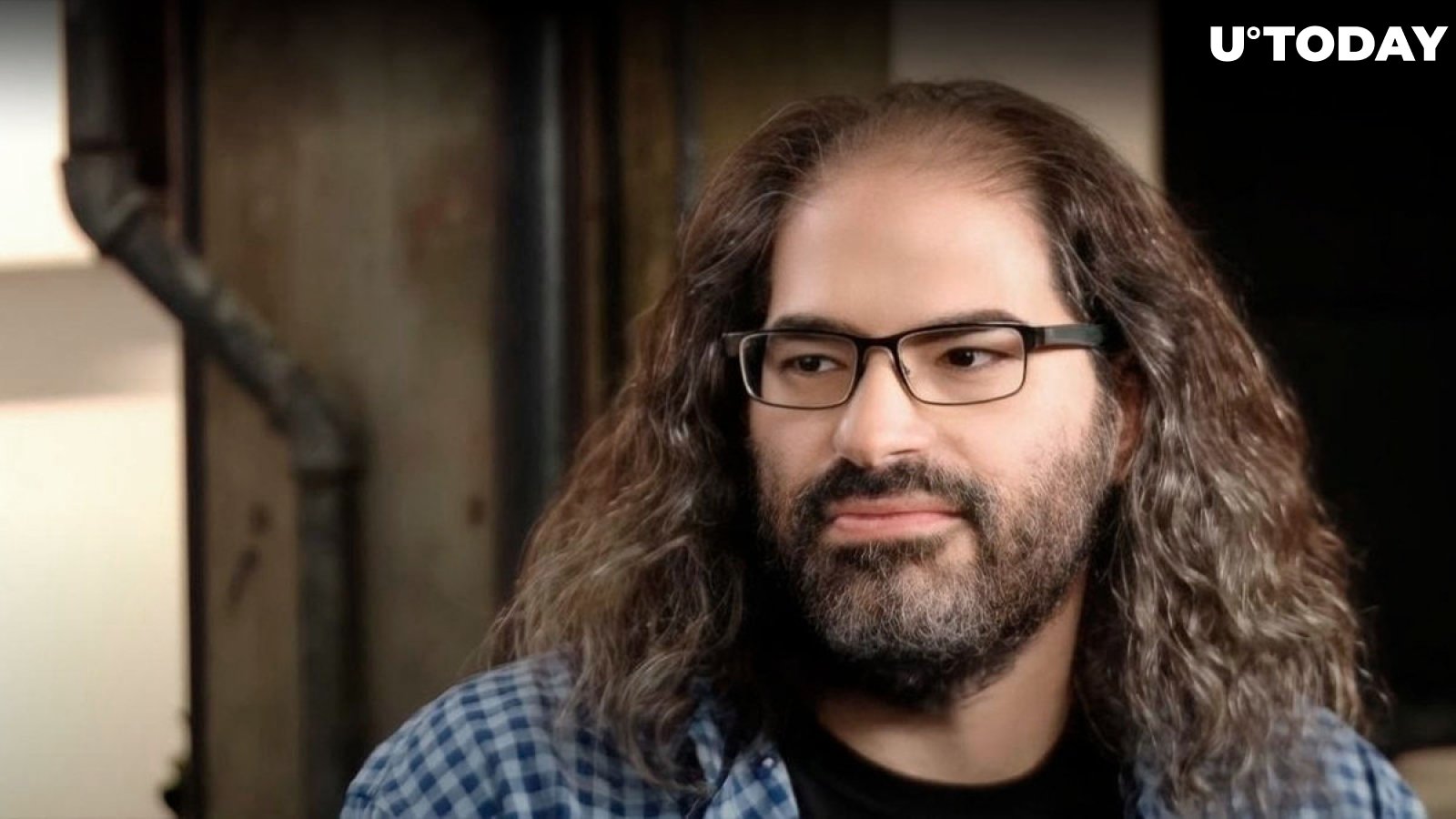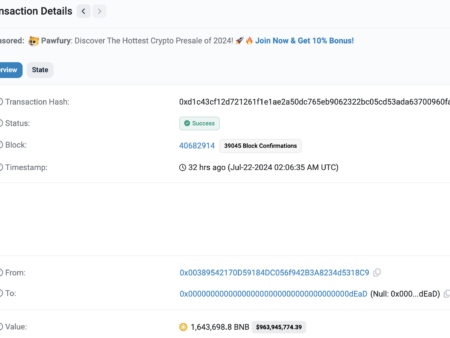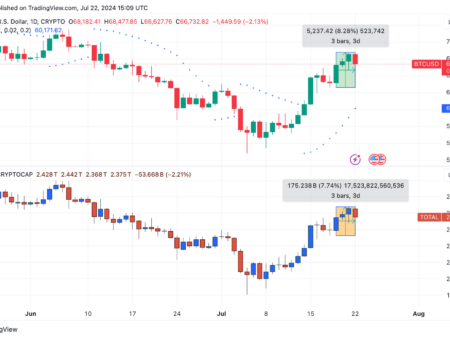
In response to a post from
In response to a post from
In the latest twist to the Craig Wright v. COPA case, the Crypto Open Patent Alliance demanded that Craig Wright pay 85% of his legal costs. COPA took Wright to court in February to determine whether he was Satoshi Nakamoto, the creator of Bitcoin. Judge James Mellor, presiding over the case, decided in March that Wright was not Satoshi and was not the author of the Bitcoin whitepaper.
In response to COPA’s request, Wright’s defense argued that failing to specify the perimeters within which Wright can claim to be Satoshi could infringe his human rights.
This argument raised by Wright’s defense has sparked new debate in the crypto community, with many labeling it an outright fraud. However, Schwartz presents a nuanced perspective on the matter.
According Schwartz, the fact that Wright claims to be Satoshi in casual conversations, where there is no direct intent to make money, might not constitute fraud. This distinction draws a line between personal claims and those made with the intent to deceive for financial gain.
Schwartz suggests that a possible legal remedy could be a court order preventing Wright from exploiting any claim to Satoshi’s identity to obtain anything of value. Such a measure would aim to protect the community and the market from any misleading claims that could influence financial decisions.
Judge Mellor concluded in his written ruling in late May that the issue of injunctive relief (a legal remedy to stop a defendant from doing something) will be discussed at an injunction hearing scheduled after the verdict is handed down.
In response to COPA’s recent request, Wright’s defense has requested that the amount he pays be reduced to 70% of the costs incurred by COPA. As the legal drama unfolds, the cryptocurrency community awaits the next outcome.

 Tomiwabold Olajide
Tomiwabold Olajide






















